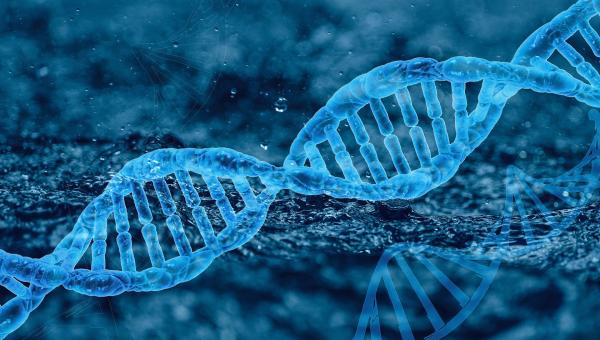Automated laboratory tests with worms to avoid animal testing

A Swiss start-up has developed an innovative piece of lab equipment to unlock the full potential of alternatives to animal testing by automating the process for the culture, treatment, imaging and analysis of C. elegans worms.
It is estimated that over 100 million animals are used in experiments for developing drugs, chemicals and cosmetics every year. Despite all the justified criticism by animal rights groups, experiments on live animals are still considered necessary worldwide in order to guarantee the safety of the human species. In Switzerland, too, for example, new therapeutic and chemical products must be tested on living organisms to ensure they have no negative effects on humans.
Scientists from the EPFL in Lausanne, with their spin-off Nagi Bioscience, have now built a platform that makes it possible to carry out extensive in vivo tests with tiny worms called C. elegans. This method can massively reduce the use of mice and other vertebrate animals.
C. elegans: bridging the preclinical gap
No less than three Nobel Prizes are owed to this little worm, namely in the fields of medicine, physiology and chemistry. Sydney Brenner, one of the founding fathers of molecular biology and genetics, was the first researcher to recognise the incredible potential of this worm in the 1960s. After more than 60 years of research, the genetics, physiology and behaviour of the worms have been clearly described. These small animals are also considered by many to be a cheaper and more ethical alternative to rats.
1,000 worms analysed in one go
However, the nematodes have one thing in common: the tests are extremely time-consuming and must be carried out manually by trained laboratory personnel. To solve this problem, Nagi Bioscience is developing a deep robotic system on a chip to culture and screen C. elegans. The worms themselves are grown in disposable microfluidic cartridges, which are plugged into an automated device that injects nutrients, applies drugs of interest, and photographs the worms in their culture. Up to four cartridges and more than 1,000 worms can be analysed in one go.
Thanks to our technology, we no longer need people to grow every single nematode and hold it under a microscope.
Fully automated end-to-end bioassays
The commercialisation of their first full product solution SydLab One began in spring 2023 and has already gained significant traction in the biopharma and agrochemical R&D sectors. SydLab One is the first all-in-one laboratory platform capable of performing end-to-end bioassays and high-content screening of drugs and chemicals on microorganisms in a fully automated and standardised way. This way the platform can be used in any laboratory.
Recently, Nagi Bioscience successfully completed a Series A funding round securing over CHF 12.4 million. This is opening doors to new markets, partnerships, and advancements to further disrupt the current biological testing paradigm.




